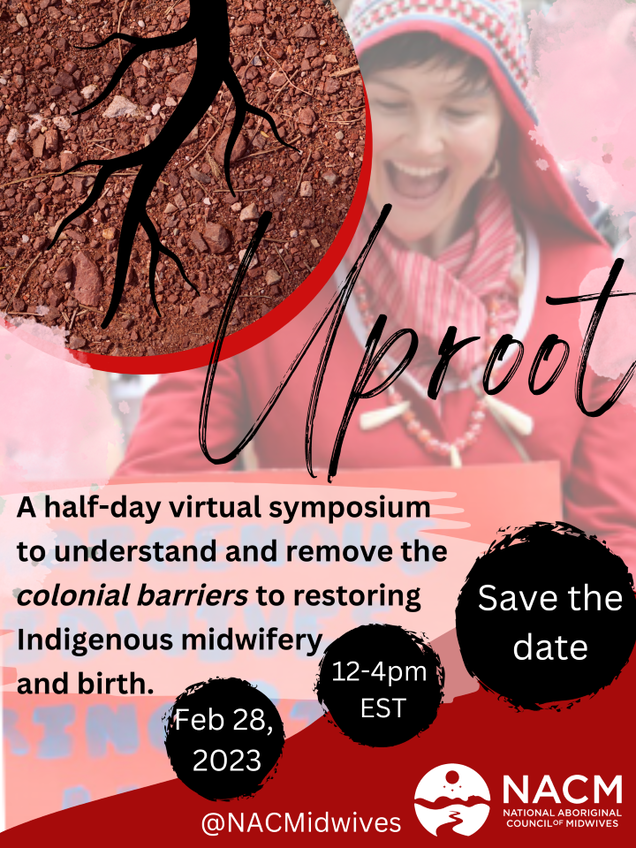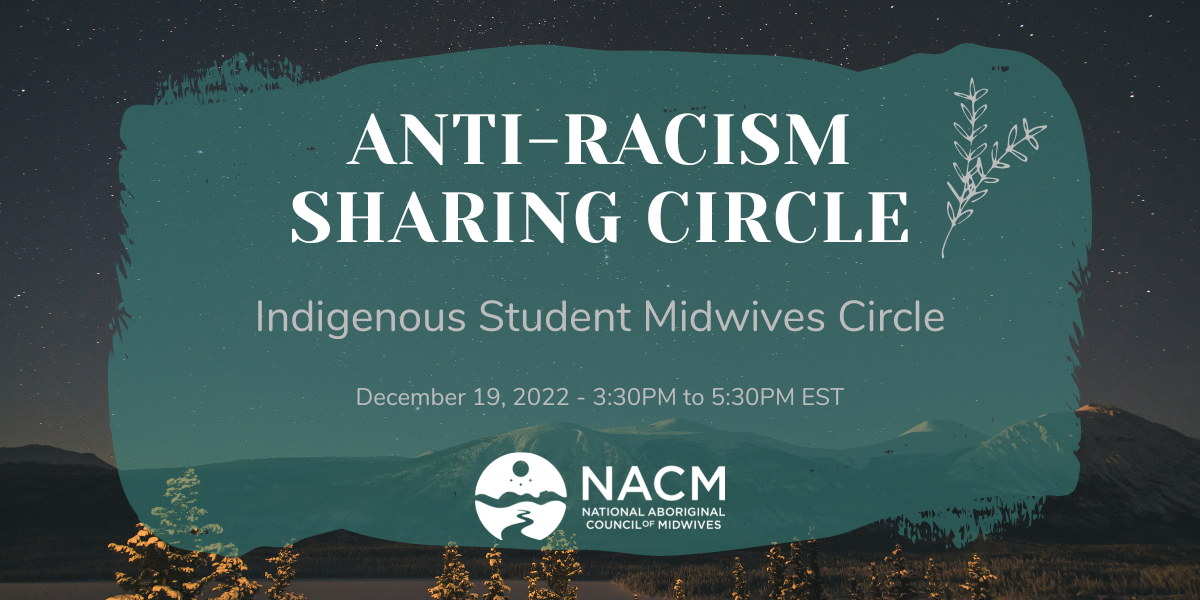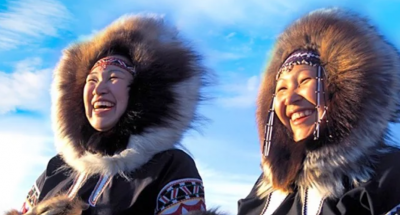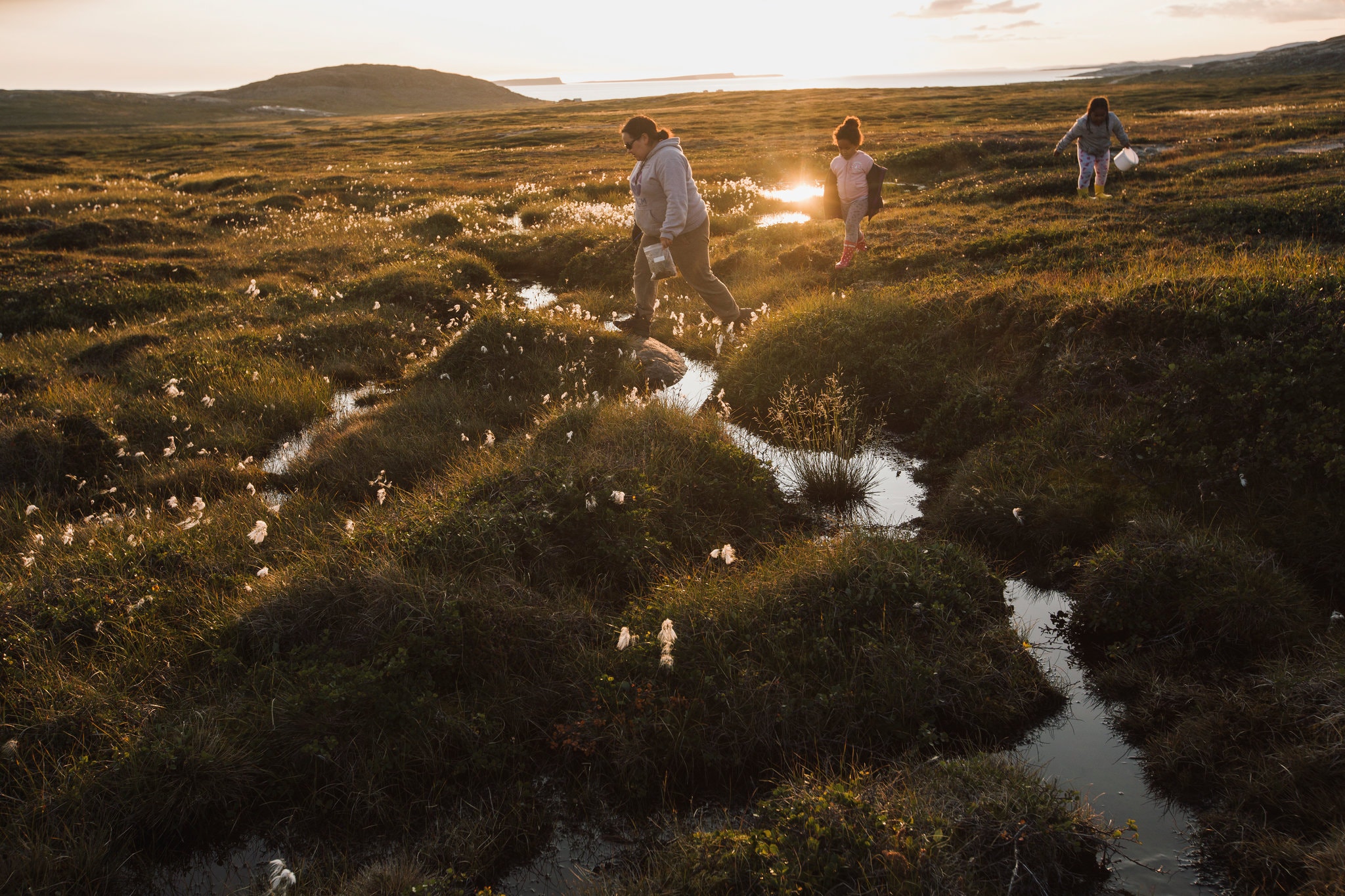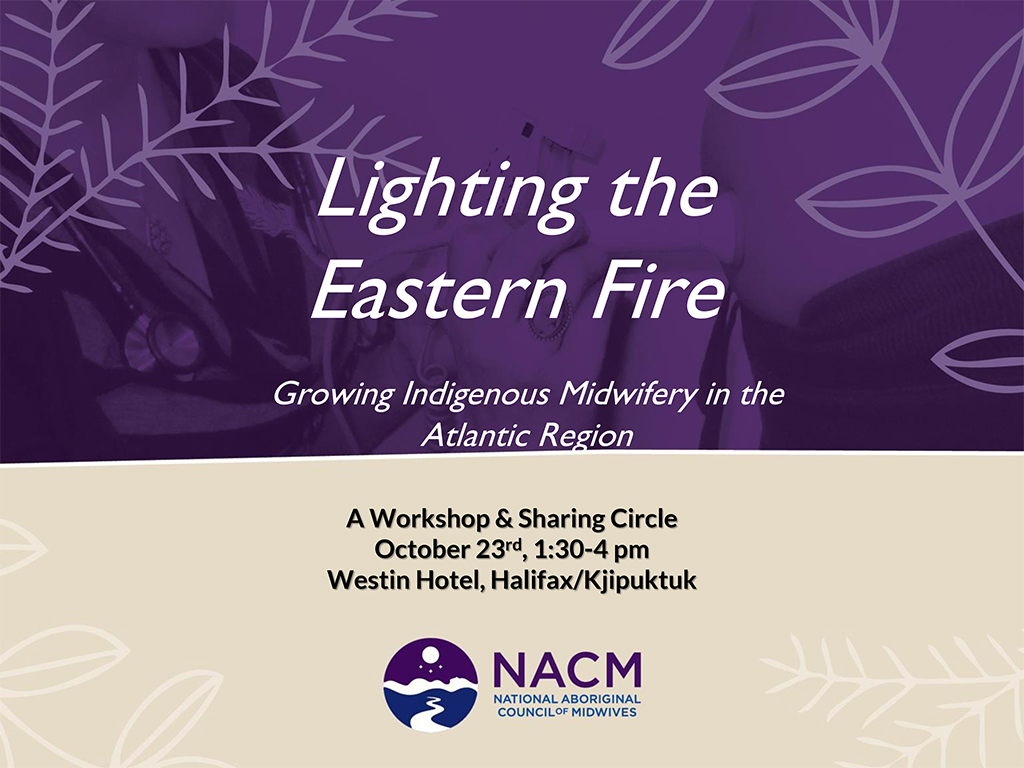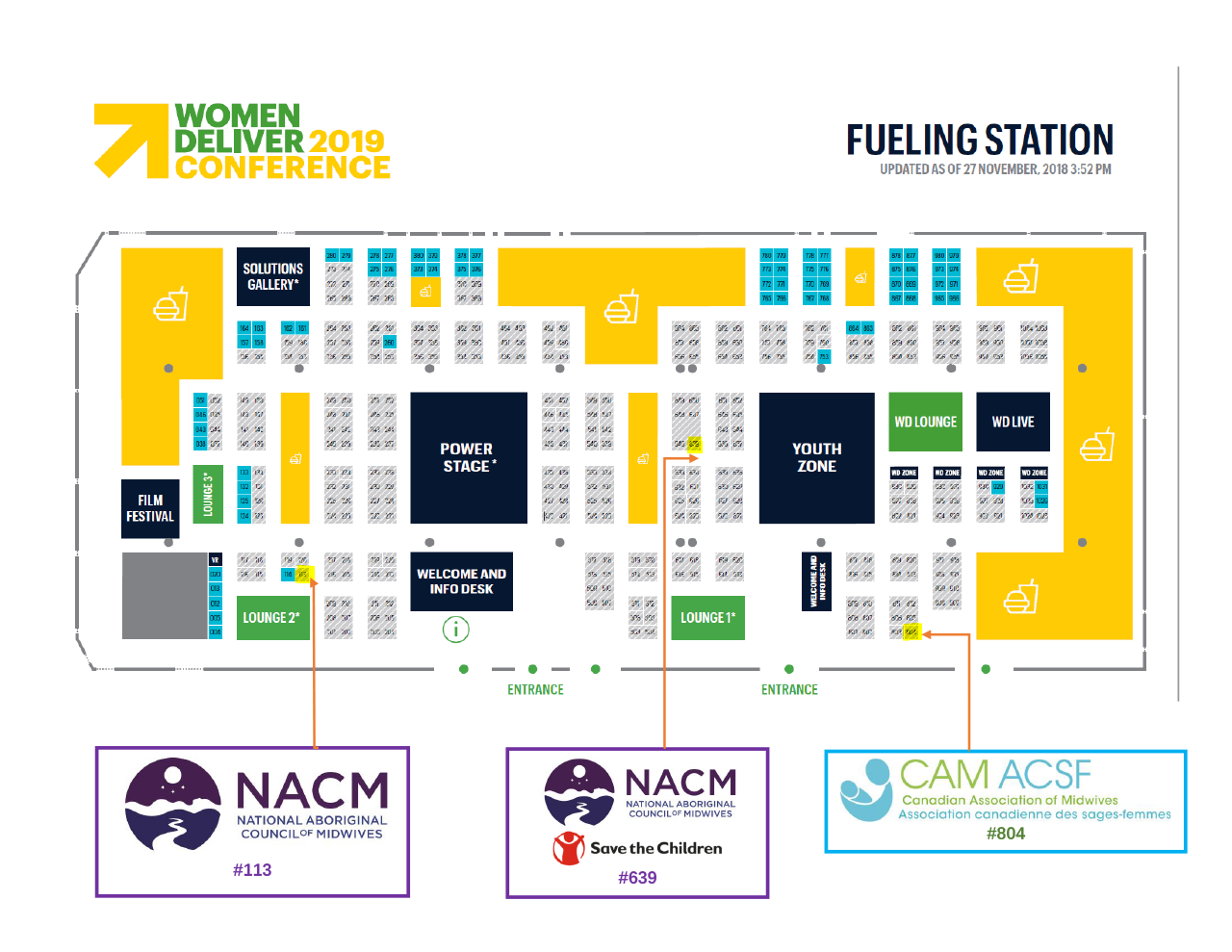The National Aboriginal Council of Midwives (NACM) affirms our solidarity with the Wet’suwet’en Nation.
NACM exists to promote excellence in reproductive health care for Inuit, First Nations and Métis people. As Indigenous midwives we are protectors of our peoples’ first environments, the waters of the womb. We know that respect for Life‑Givers and the Earth are intimately linked. As the source of all life, the Land gives us everything we need to thrive, and teaches us everything we need to live well including the bond of love and kindness that exists between relatives. Our responsibility to care for each other and the Land, to defend our traditional territories and the waters comes from these original instructions and our natural laws. As midwives we are bound by our cultural teachings, and our Nations’ agreements, to care for, protect and advocate for all our human and non‑human relations.
We offer deep gratitude to the Wet’suwet’en Hereditary Chiefs as well as the land and water protectors for their courage and commitment to defending not only the lands and waters of the Wet’suwet’en, but also standing against cultural erasure and corporate bullying for us all. Climate change is real, and no person, Indigenous or not, can survive eating money alone.
We condemn the violent invasion of Wet’suwet’en lands by the Royal Canadian Mounted Police, supported by the British Columbia and Canadian governments. Forcibly removing peaceful land defenders from their traditional unceded lands is in violation of the United Nations Declaration on the Rights of Indigenous Peoples. As Indigenous midwives, responsible for the sexual and reproductive care of the communities we live in, we know that violence on our lands and violence on our women, girls and gender-diverse people are inextricably connected. What we do to the land and water affects our women, girls and gender-diverse people as well as the generations not yet born. We know that extraction from our natural resources is also linked to the unacceptable numbers of missing and murdered Indigenous women and girls through nearby man-camps that are occupied by men who do not respect Indigenous women. Our lands and environments are critical to the health and well-being of our people, families, communities and Nations. There will be no reproductive justice for Indigenous people without environmental justice.
We call on the governments of British Columbia and Canada, the Royal Canadian Mounted Police and Coastal Gaslink pipeline to respect the position taken by the Wet’suwet’en Hereditary Chiefs. We stand in solidarity with the Wet’suwet’en peoples and demand that the government of British Columbia and Canada uphold their responsibilities laid out in the Supreme Court Delgamuukw‑Gisday’wa decision of 1997. We demand the recognition of the self-determination of Indigenous Peoples across Turtle Island. We stand as witnesses at this historic moment when our governments will make a choice to uphold the rights of Indigenous Peoples or continue the ongoing legacy of colonization.
All our Relations
Claire Dion Fletcher, Indigenous (Lenape‑Potawatomi) Registered Midwife
Carol Couchie, Registered Midwife, Nishnawbe Kwe Nipissing First
Co-Chairs of the National Aboriginal Council of Midwives
Nathalie Pambrun, Métis Midwife, NACM Core Leader, President of the Canadian Association of Midwives
